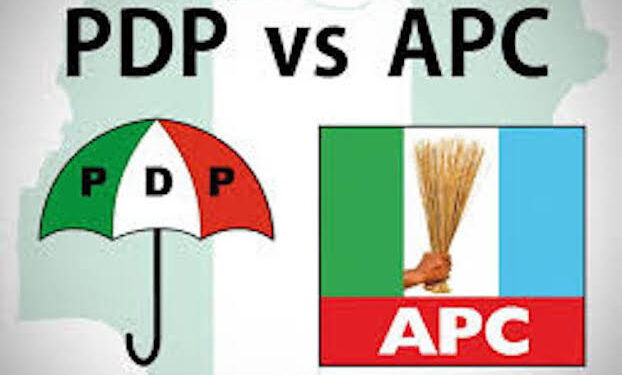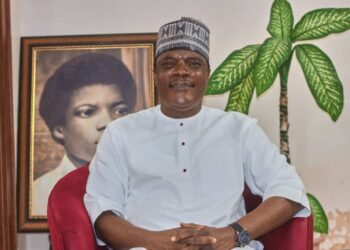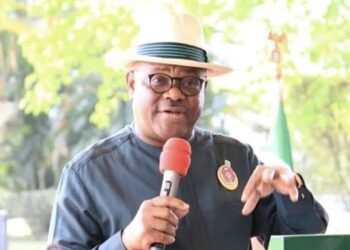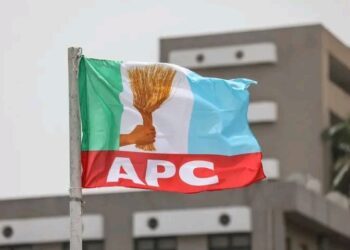The People’s Democratic Party (PDP) and the All Progressive Congress (APC) have disagreed over the modalities and timing for the inspection of election materials used in the just concluded Edo governorship election.
The election petition tribunal had ordered INEC to release all electoral materials used in the election to the Peoples Democratic Party (PDP) and its candidate for inspection.
The News Agency of Nigeria(NAN) reports that INEC had told political parties seeking to inspect the materials used for the election to do so on Oct. 9.
However, the inspection could not commence as planned due to an objection raised by the All Progressives Congress (APC), which argued that the voters’ register should be inspected first, before the BVAS machines.
The APC also argued that since they were served with the schedule only a few minutes before the inspection, they did not bring their copy of the voters’ register.
As a result, INEC postponed the inspection exercise until Thursday, Oct. 10.
On Oct. 10, further complications arose when the State Chairman of the APC, Jarrett Tenebe, alleged that BVAS machines and voters’ registers had been brought into the INEC office using vehicles from the government house.
Tenebe insisted that his party’s petition should be addressed before the materials inspection could commence.
The argument was sternly rejected by representatives of the PDP, who insisted on the immediate commencement of the inspection.
The PDP maintained that the APC’s petition could not supersede a valid court order and called for the inspection to begin.
Due to the inability of the political parties, particularly the APC and PDP, to agree on the next steps, INEC adjourned the materials inspection indefinitely (sine die).
Speaking to newsmen after the adjournment, Counsel to the APC, Barr. Victor Ohionsumua, stated that the APC would only return for the inspection once their petition had been addressed.
Ohionsumua said APC Chairman submitted a petition to the state Resident Electoral Commissioner (REC), Dr Anugbum Onuoha, the Commissioner of Police, and the Department of State Services (DSS) on Oct. 10.
“We (APC) observed that BVAS machines and voters’ registers entered INEC a few days ago in Edo state government vehicles.
“Based on this, we raised an objection that the petition must be resolved before we can proceed with the materials’ inspection.
“The INEC legal officer wanted to proceed with the inspection without directives from Dr Onuoha.
“We insisted that we must hear from the REC and that our petition must be addressed before we move forward.
“During this process, the INEC office became rowdy, and we began hearing gunshots outside the commission.
“For security reasons, the INEC Director of Operations decided to postpone the inspection sine die and ask us to return to INEC Oct. 11,” he said.
Reacting to the situation, the factional Chairman of the Labour Party (LP) in Edo, Comrade Kelly Ogbaloi, noted that the atmosphere at INEC’s head office was not conducive for the inspection to proceed.
“The experience here is chaotic and not the right environment for such an important exercise to take place.
“In my view, a level playing field should be provided for those contesting the outcome of the election.
“As it stands, there is total disagreement between the APC and the PDP, and I do not believe any inspection will happen today,” he said.(NAN)











